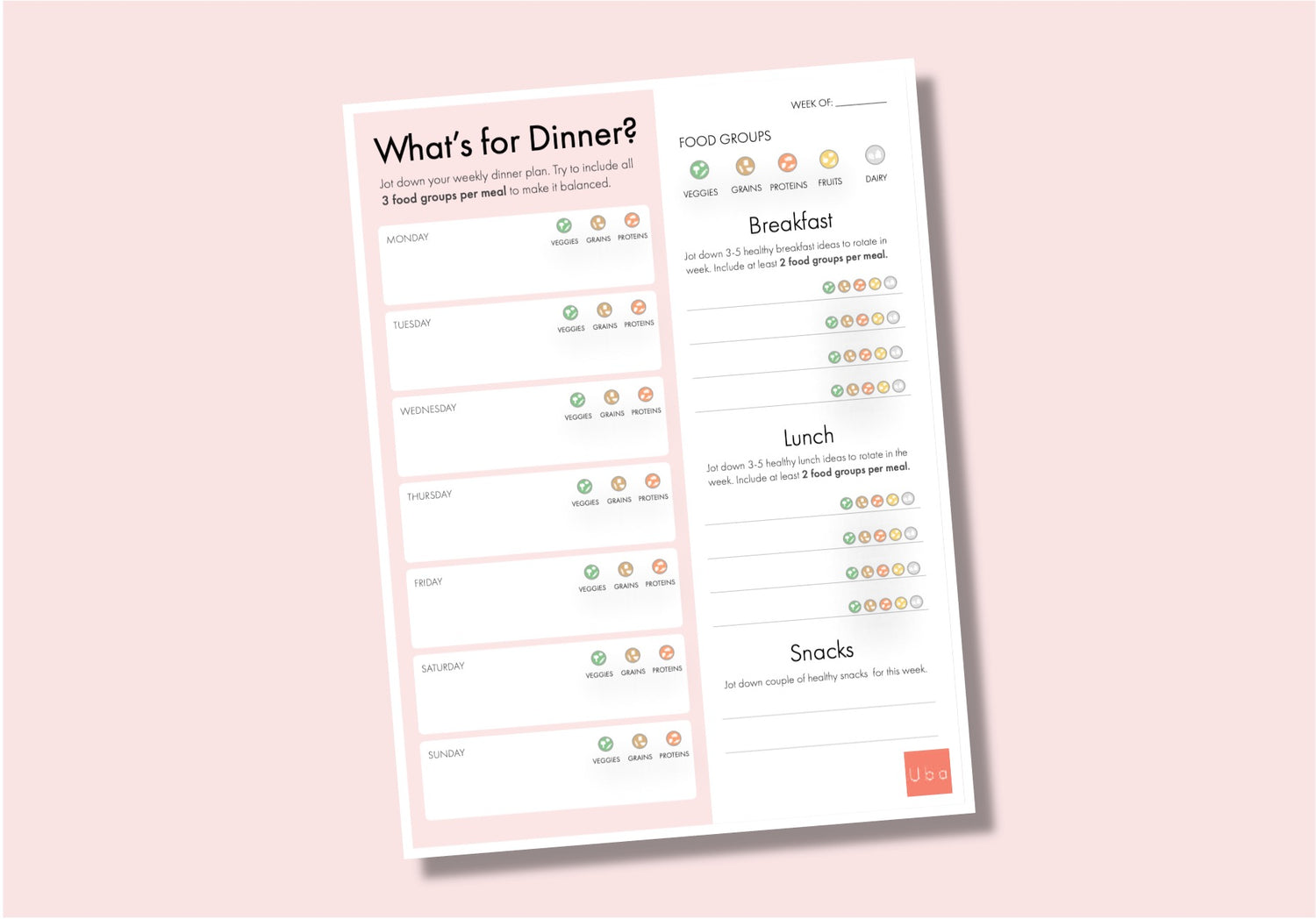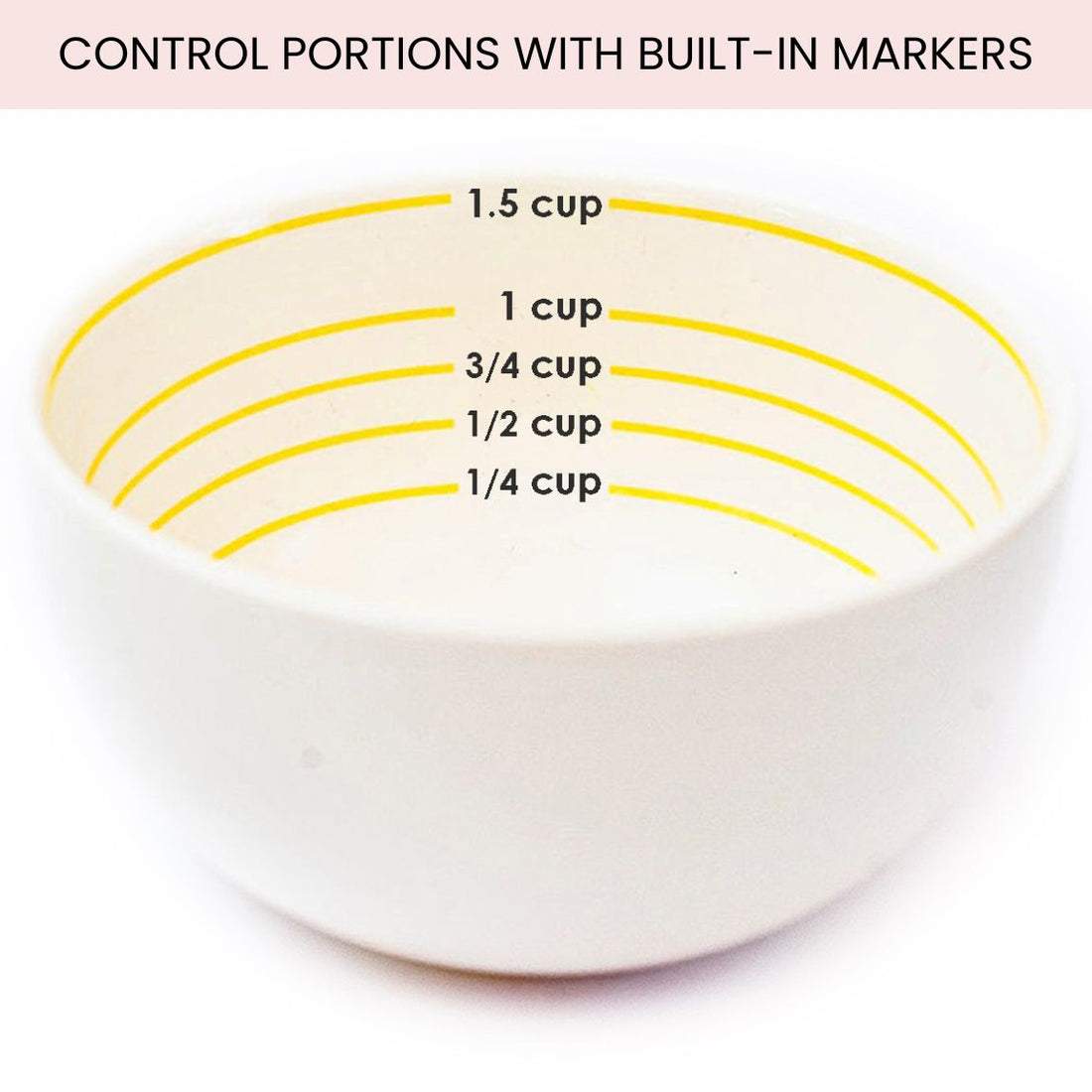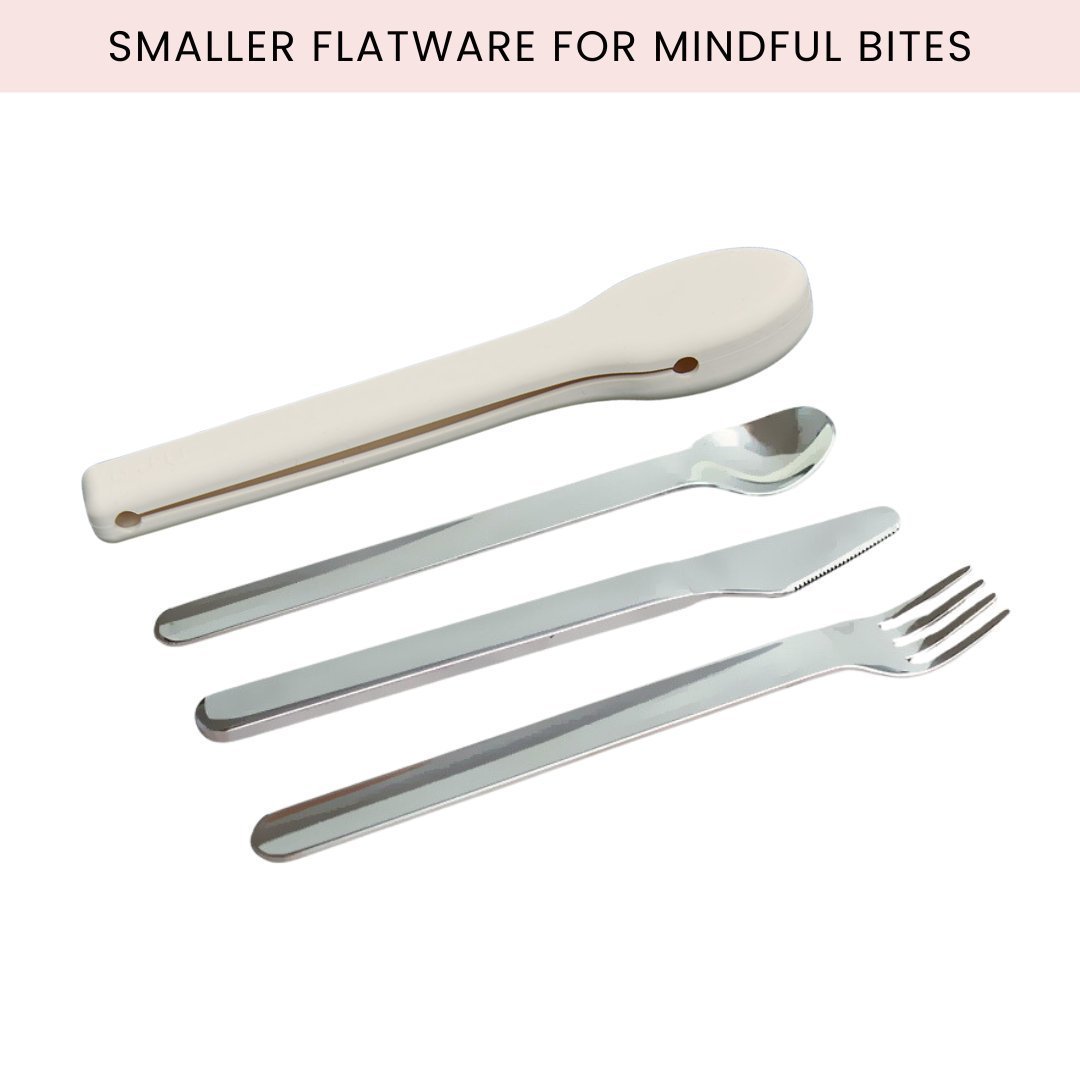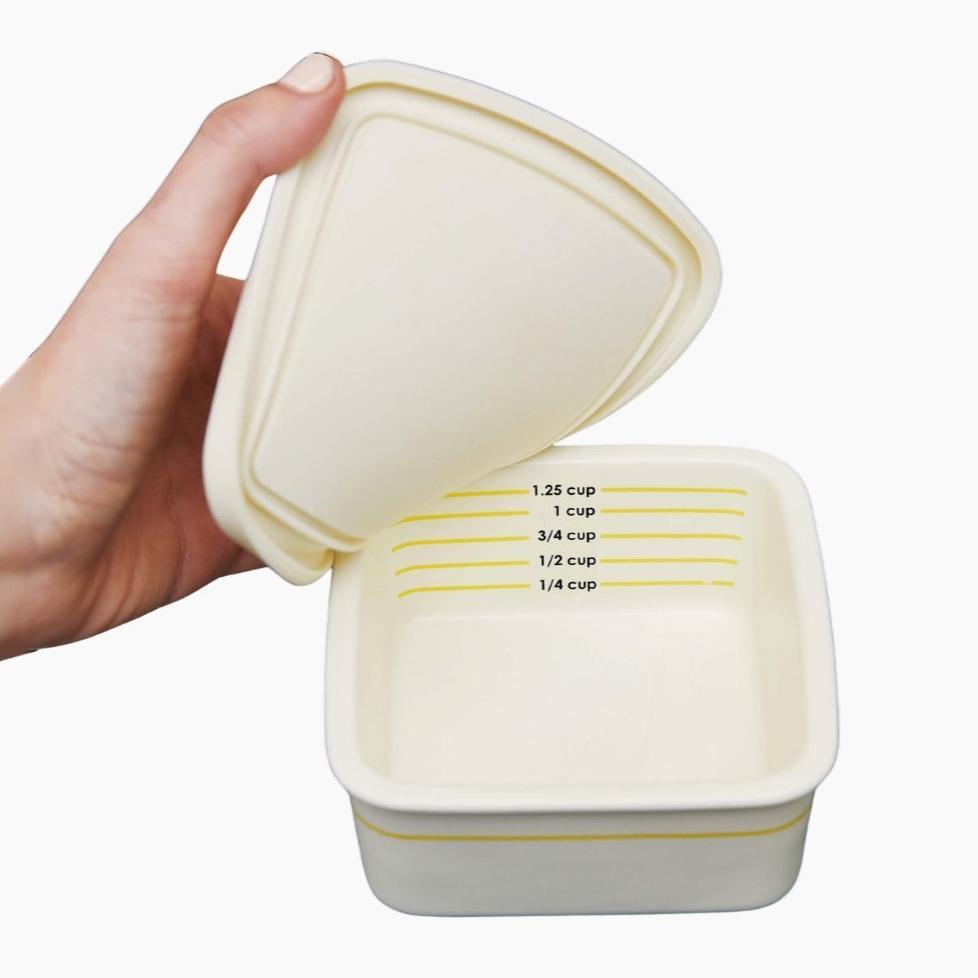Bariatric surgery is a life-changing procedure that can help individuals achieve significant weight loss, improve their overall health, and manage chronic conditions such as diabetes. However, not everyone qualifies for this surgery. There are specific criteria that you must meet to be considered a candidate for bariatric surgery. In this blog, we'll discuss what it takes to qualify, focusing on factors like your BMI, health conditions, and the potential benefits. We'll also explain how Uba Complete Bariatric Kit can help manage post-op nutrition and contribute to long-term success.
If you’ve been wondering, "How do I qualify for bariatric surgery?" this guide will provide the answers you need.
Understanding the Basic Criteria for Bariatric Surgery
The first step in determining if you're eligible for bariatric surgery is understanding the basic requirements. Most medical guidelines for bariatric surgery focus on your Body Mass Index (BMI) and the presence of obesity-related health conditions. The goal of these guidelines is to ensure that the surgery is both necessary and safe for the patient.
- BMI: A BMI of 40 or higher typically qualifies an individual for bariatric surgery. This is considered “morbid obesity” and presents significant health risks.
- BMI of 35-39.9: If your BMI is between 35 and 39.9, you may still qualify if you have serious obesity-related health conditions such as type 2 diabetes, high blood pressure, or sleep apnea.
- BMI of 30-34.9: In some cases, individuals with a BMI of 30-34.9 may be eligible for surgery if they have life-threatening conditions related to obesity, although this is less common.
The reason BMI is so important is that it correlates with body fat and can indicate whether your weight is affecting your health. However, BMI alone isn’t enough to determine eligibility for bariatric surgery. Your overall health, lifestyle, and the potential benefits of the surgery must also be taken into consideration.
Obesity-Related Health Conditions That Influence Eligibility
Even if your BMI is not extremely high, the presence of certain obesity-related health conditions can make you a candidate for bariatric surgery. These health issues not only increase your risk of serious illness but can also be improved through weight loss, which makes surgery a valuable option.
Common health conditions that may qualify you for bariatric surgery include:
- Type 2 diabetes: Obesity is a significant risk factor for diabetes. Weight loss surgery can dramatically improve or even resolve diabetes in many patients.
- Hypertension: High blood pressure is another common condition associated with obesity. By losing weight, many patients can reduce or eliminate their need for medication.
- Sleep apnea: Excess weight can block the airway during sleep, leading to sleep apnea. Bariatric surgery often helps reduce or resolve sleep apnea symptoms.
- Joint pain: Carrying extra weight places stress on your joints, leading to chronic pain and conditions like arthritis. Weight loss can relieve this pressure and improve mobility.
These conditions not only affect your quality of life but can also shorten your lifespan. Bariatric surgery is often recommended when traditional weight loss methods, such as diet and exercise, have not been effective in managing these health issues.
The Health Benefits of Bariatric Surgery
While bariatric surgery is a major procedure, the potential health benefits can be life-changing. Patients who undergo surgery often experience improvements in the following areas:
- Diabetes management: Many patients see their blood sugar levels stabilize or even return to normal without medication after surgery.
- Cardiovascular health: Weight loss surgery can reduce the risk of heart disease, lower cholesterol levels, and improve overall heart health.
- Respiratory function: Patients with sleep apnea often notice significant improvements, including reduced snoring and better sleep quality.
- Joint pain relief: Shedding excess weight can take the pressure off your joints, reducing or eliminating chronic pain.
These health benefits, combined with significant weight loss, make bariatric surgery a powerful tool for those struggling with obesity and its related conditions. After surgery, maintaining these health improvements is essential. This is where Uba Portion Control Tools come in, helping patients manage their diet and avoid overeating during the recovery process and beyond.
Psychological and Lifestyle Considerations for Bariatric Surgery
Bariatric surgery isn't just about physical health—it also involves a psychological and lifestyle commitment. Patients must demonstrate the ability to make long-term changes to their eating habits, exercise routine, and overall lifestyle in order to qualify for surgery. This commitment is crucial to ensuring the surgery’s success.
Here are some factors that may be considered:
- Commitment to lifestyle changes: Are you ready to make permanent changes to your diet and exercise habits? Surgery is only one part of the solution, and long-term success requires commitment.
- Mental health evaluation: Many bariatric programs require a psychological evaluation to ensure you’re emotionally prepared for the changes that come with surgery. Depression, anxiety, or eating disorders need to be managed to ensure a successful outcome.
- Support system: Do you have family or friends to support you through your weight loss journey? A strong support system can help keep you on track during recovery and beyond.
Patients who are mentally and emotionally prepared for the lifestyle changes that come with bariatric surgery tend to have better long-term outcomes. Tools like Uba Complete Bariatric Kit can help you establish healthy eating habits and make the transition smoother.
How to Start the Bariatric Surgery Process
If you meet the criteria for bariatric surgery, the next step is to begin the process. This typically involves a consultation with a bariatric surgeon and a team of healthcare professionals who will assess your eligibility and help you prepare for surgery. Here’s how to get started:
- Schedule a consultation: Your first step is to schedule a consultation with a bariatric surgeon. They will review your medical history, BMI, and any obesity-related conditions to determine if you qualify for surgery.
- Undergo medical evaluations: Depending on your health status, you may need to undergo various medical tests, such as blood work, heart function tests, and imaging studies, to ensure you’re healthy enough for surgery.
- Attend nutritional counseling: Many bariatric programs require patients to meet with a dietitian to discuss post-op nutrition and meal planning. Uba Portion Control Tools can help you stay on track by ensuring you eat appropriate portion sizes.
- Psychological evaluation: A mental health evaluation will assess your readiness for surgery and ability to cope with the lifestyle changes that will follow.
- Insurance approval: Bariatric surgery can be expensive, so you’ll need to check if your insurance covers the procedure. If approved, you’ll receive guidelines on the next steps to surgery.
This process can take several months, but it’s a crucial part of ensuring that you’re ready for the surgery and the changes that come with it. By following the necessary steps, you can set yourself up for success on your weight loss journey.
Conclusion: Bariatric Surgery as a Life-Changing Decision
Bariatric surgery offers an effective solution for individuals struggling with obesity and its related health conditions. To qualify, you need to meet specific criteria related to your BMI, obesity-related health conditions, and psychological readiness. It's important to understand that surgery is not a quick fix but a lifelong commitment to better health.
The health benefits of bariatric surgery, such as improved diabetes management, reduced heart disease risk, and relief from joint pain, are undeniable. By using tools like Uba Portion Control Tools, you can develop healthy eating habits that will support your weight loss journey and prevent weight regain. With the right mindset and support system, bariatric surgery can be a transformative step toward a healthier, happier life.









